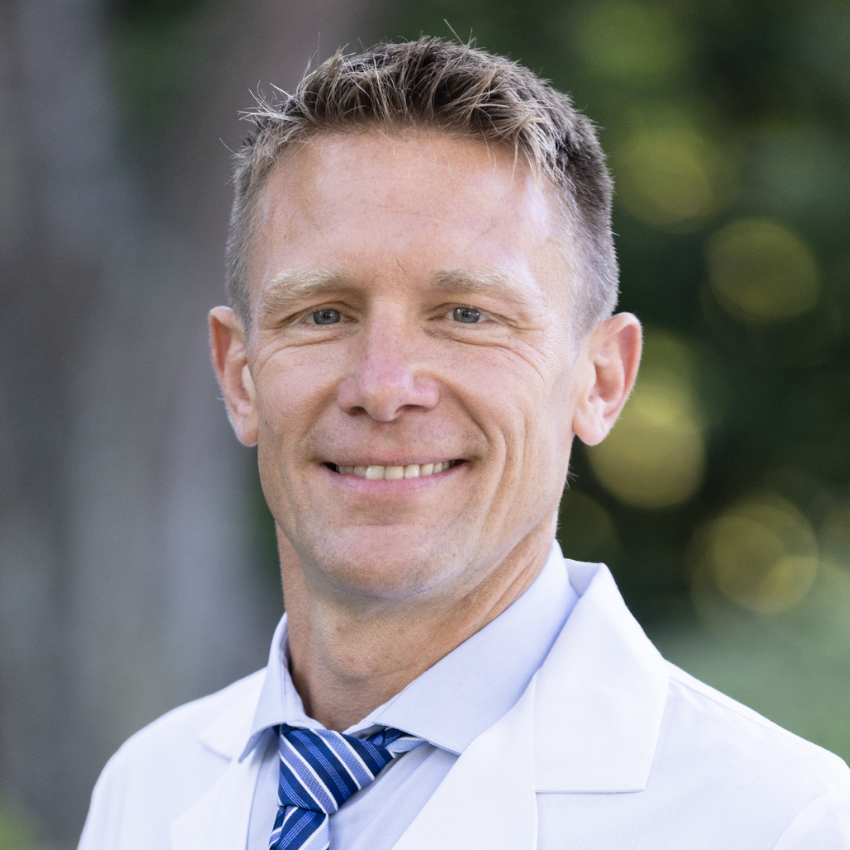Alexander Quaas, M.D., Ph.D., is board certified in obstetrics and gynecology (OB/GYN) as well as reproductive endocrinology and infertility (REI). Dr. Quaas completed his residency in OB/GYN at Brigham and Women’s / Massachusetts General Hospital in the Harvard Integrated OB/GYN Residency Program. He completed his REI fellowship at the University of Southern California in Los Angeles.
Prior to joining SGF, Dr. Quaas was the Division Chief, Section of REI, Department of OB/GYN at the University of Basel in Switzerland. Passionate about educating the next leaders in REI and advancing the field through research, he has served in numerous academic positions and contributed to many peer-reviewed journal articles. His research interests include geographic and international variations in fertility care, ovarian stimulation protocols, endometrial receptivity and third-party reproduction.
Dr. Quaas provides patient care at SGF California’s San Diego location. As a dedicated trail runner, he reminds patients that fertility treatment is often a marathon, not a sprint.
Read More
Alexander Quaas, M.D., Ph.D., is board certified in obstetrics and gynecology (OB/GYN) as well as reproductive endocrinology and infertility (REI). Dr. Quaas completed his residency in OB/GYN at Brigham and Women’s / Massachusetts General Hospital in the Harvard Integrated OB/GYN Residency Program. He completed his REI fellowship at the University of Southern California in Los Angeles.
Prior to joining SGF, Dr. Quaas was the Division Chief, Section of REI, Department of OB/GYN at the University of Basel in Switzerland. Passionate about educating the next leaders in REI and advancing the field through research, he has served in numerous academic positions and contributed to many peer-reviewed journal articles. His research interests include geographic and international variations in fertility care, ovarian stimulation protocols, endometrial receptivity and third-party reproduction.
Dr. Quaas provides patient care at SGF California’s San Diego location. As a dedicated trail runner, he reminds patients that fertility treatment is often a marathon, not a sprint.
Read Less


